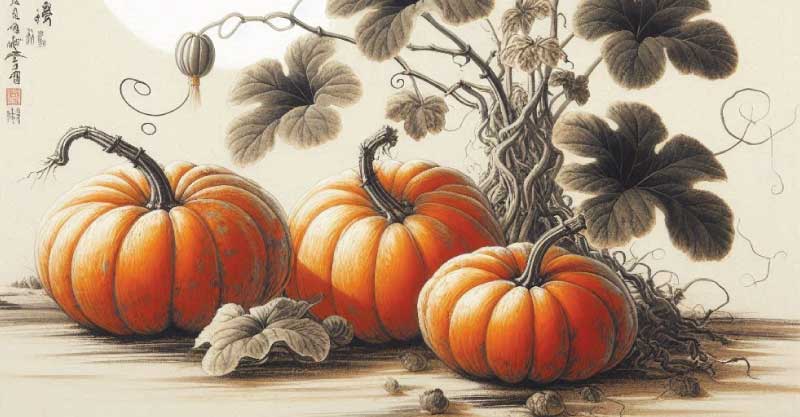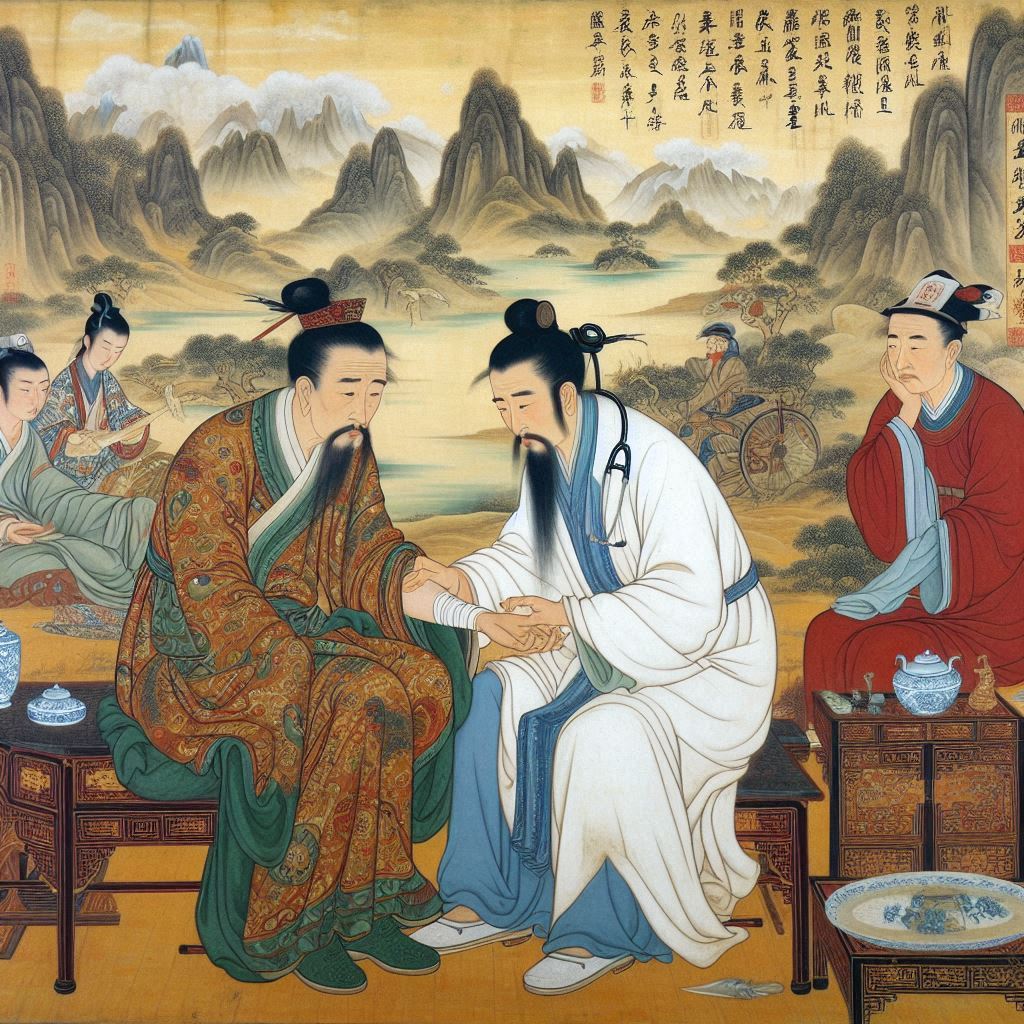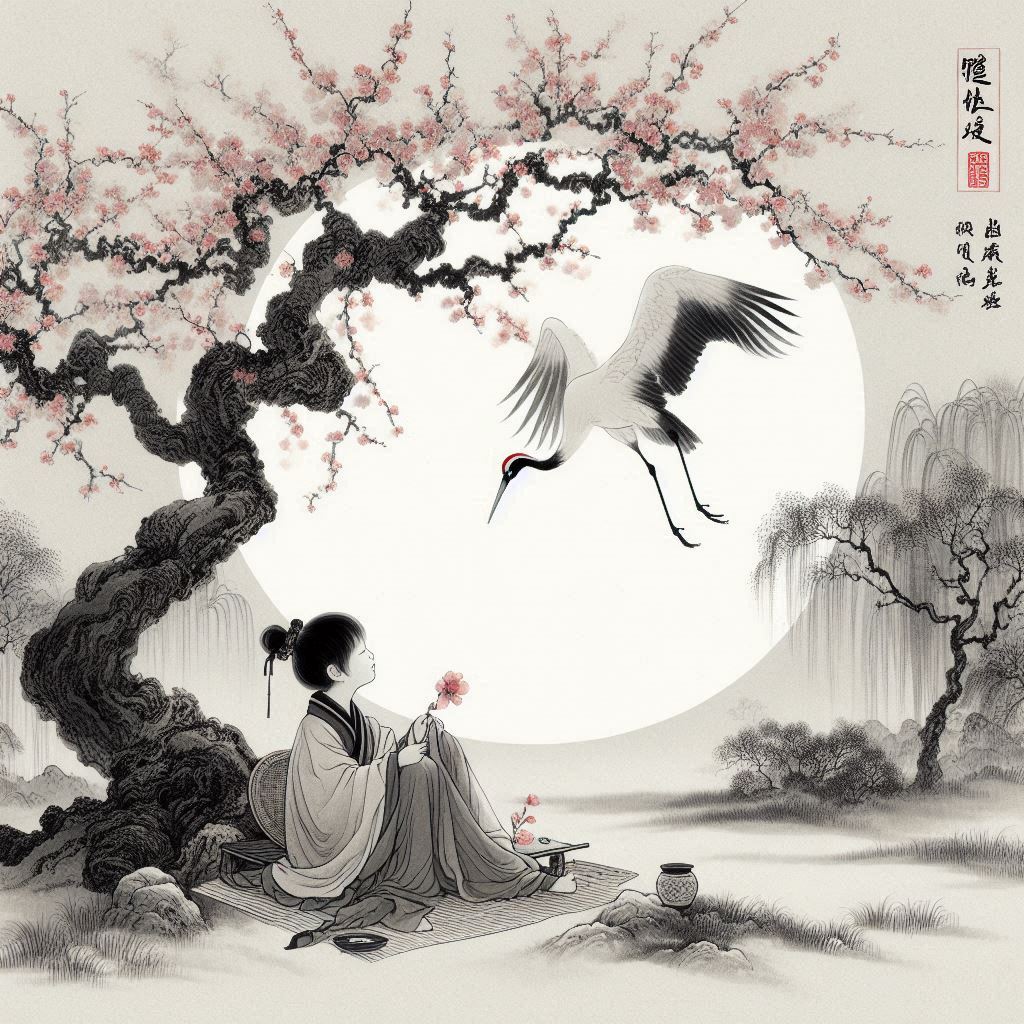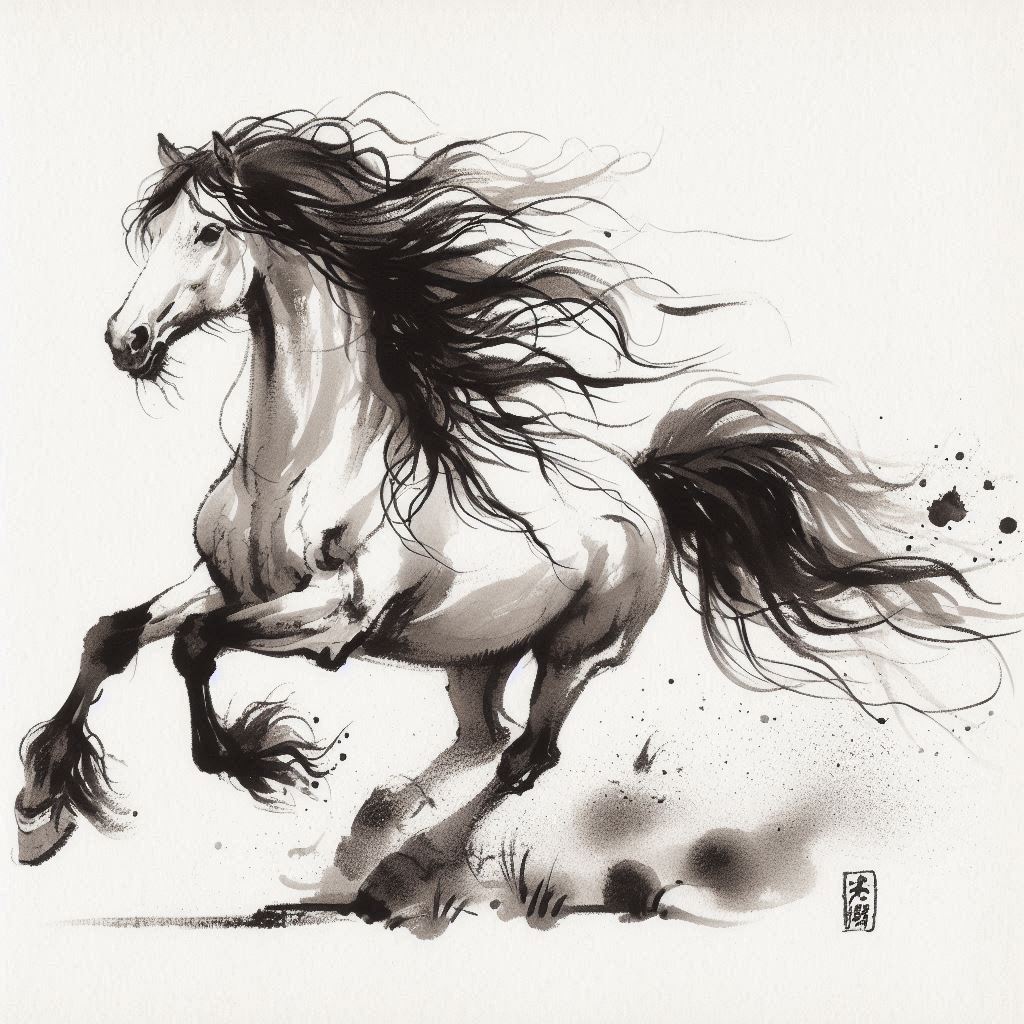Cause
- Spleen Qi deficiency
- internal heat
To understand the pattern “phlegm in the Heart” we need to understand what "phlegm" is in traditional Chinese medicine.
In TCM the Spleen governs the transformation and transportation of fluids(1)(3). A deficient Spleen has impaired ability to transport fluids, which may lead to accumulation of “internal dampness”.
“Internal dampness” very much resembles “external dampness”. Imagine visiting a damp climate environment. If you are not accustomed you will find it difficult to be as active and efficient as you would be in a non-damp environment. You will feel tired, “heavy”, and the simplest daily activities, even breathing, may become challenging.
The same happens when the dampness is within our bodies. Our internal organs have difficulty functioning normally and become sluggish. Depending on what organ is affected different “damp” patterns manifest.
If with the “internal dampness” there is also “internal heat” the damp will condense into phlegm. The main quality of phlegm is to obstruct and block.
Phlegm in the Heart manifests predominantly in mental dysfunction(1)(2)(3)(4) (in TCM the Heart houses the mind). The phlegm has blocked the orifices of the Heart thus the mind is also blocked and confined.
If you want to learn more about the Heart and its functions from the perspective of traditional Chinese medicine you can read the material "The Heart in Traditional Chinese Medicine" in the Physiology chapter.
Symptoms
- mental confusion and mental illness
- "phlegm misting the Heart" symptoms - passivity, rattling sound in the throat, difficult speech
- "phlegm-fire disturbing the Heart" symptoms - agitation, aggressive and violent behaviour, shouting and attacking people, insomnia
There are two types of “phlegm in the Heart” – “phlegm misting the Heart” and "phlegm-fire disturbing the Heart”(2). Both types manifest in mental confusion and mental illness (the residence of the mind(2)(3) is blocked and obstructed).
“Phlegm misting the Heart” manifests with “cold signs” such as dullness, depression, apathy(2)(4), but also rattling sound in the throat(2)(3) and difficult speech(3). In children this pattern is considered constitutional while in adults it is a combination of poor diet and long term disturbing emotions(3).
“Phlegm-fire disturbing the Heart” combines mental confusion with “Fire signs”. Such are agitation, aggressive and violent behaviour(2), shouting(3) and attacking people, insomnia(3).
Treatment Approaches
The main strategy for clearing phlegm is to discontinue the consumption of heavy, greasy, phlegm-producing foods. Such are eggs, meats, white sugar, white flour, and fried foods. “Cold foods” such as raw fruits and vegetables also will contribute to phlegm accumulation, therefore fruits and vegetables are best to be steamed or baked before consumption. Eating food straight out of the refrigerator should be avoided – the food should always be warmed up. The coldest temperature food and drinks to be consumed is room temperature.
To unlock the rest of this article select "Yes, I want to learn!" below.

Food therapy is the most economical and non-toxic biochemical approach to health and disease. Food is something we continuously use to sustain our lives. Learning what foods are healing (and what disruptive) for each condition has the potential to convert every meal into a form of therapy.
YS
(1) Zhang, Enqin (1990). Basic Theory of Traditional Chinese Medicine. Shanghai: Publishing House of Shanghai College of Traditional Chinese Medicine
(2) Deng Liangye, Gan Yijun, He Shuhui, Ji Xiaoping, Li Yang, Wang Rufen, Wang Wenjing, Wang Xuetai, Xu Hengze, Xue Xuiling, Yuan Jiuling (1987). Chinese Acupuncture and Moxibustion. China: Foreign Languages Press
(3) Maciocia, Giovanni (1989). The Foundations of Chinese Medicine. Edinburgh: Harcourt Publishers Limited
(4) Yang Weiyi, Meng Fanyi, Jiang Yuanan(2002). Diagnostics of Traditional Chinese Medicine. Beijing: Beijing University of Chinese Medicine and Pharmacology
(5) Pitchford, Paul (2002). Healing with Whole Foods. Berkeley: North Atlantic Books
Related Articles:
The Heart and the emotion "joy"
The Heart, the season summer, and summer foods that benefit the Heart
Hearbs that calm the spirit and clear heat in the Heart
Herbs that transform phlegm and benefit phlegm in the Heart
Herbs that tonify Qi and benefit Heart Qi deficiency
Herbs that tonify the blood and benefit Heart blood deficiency
Please read our Disclaimer









